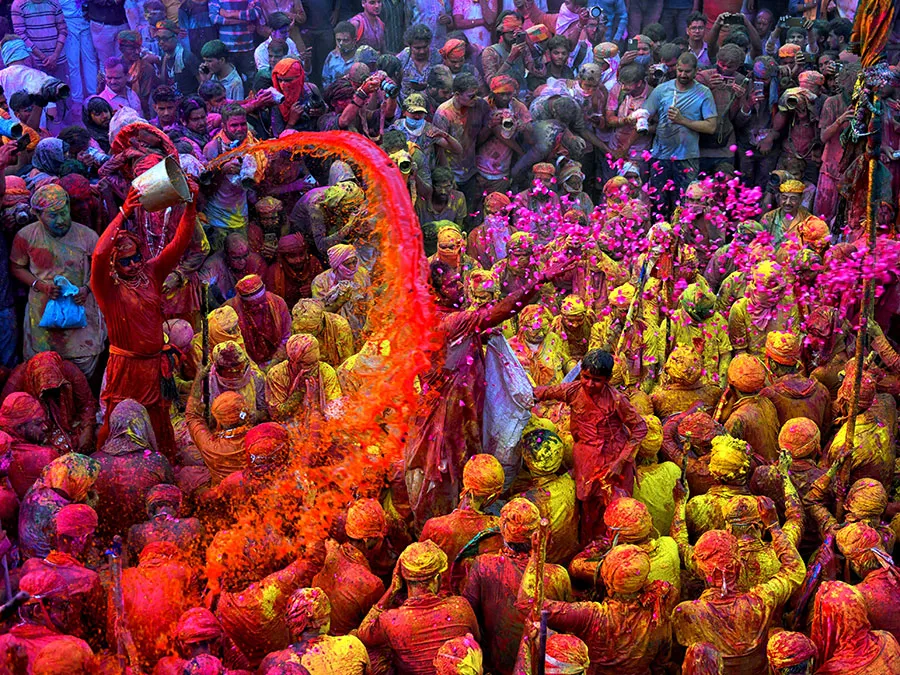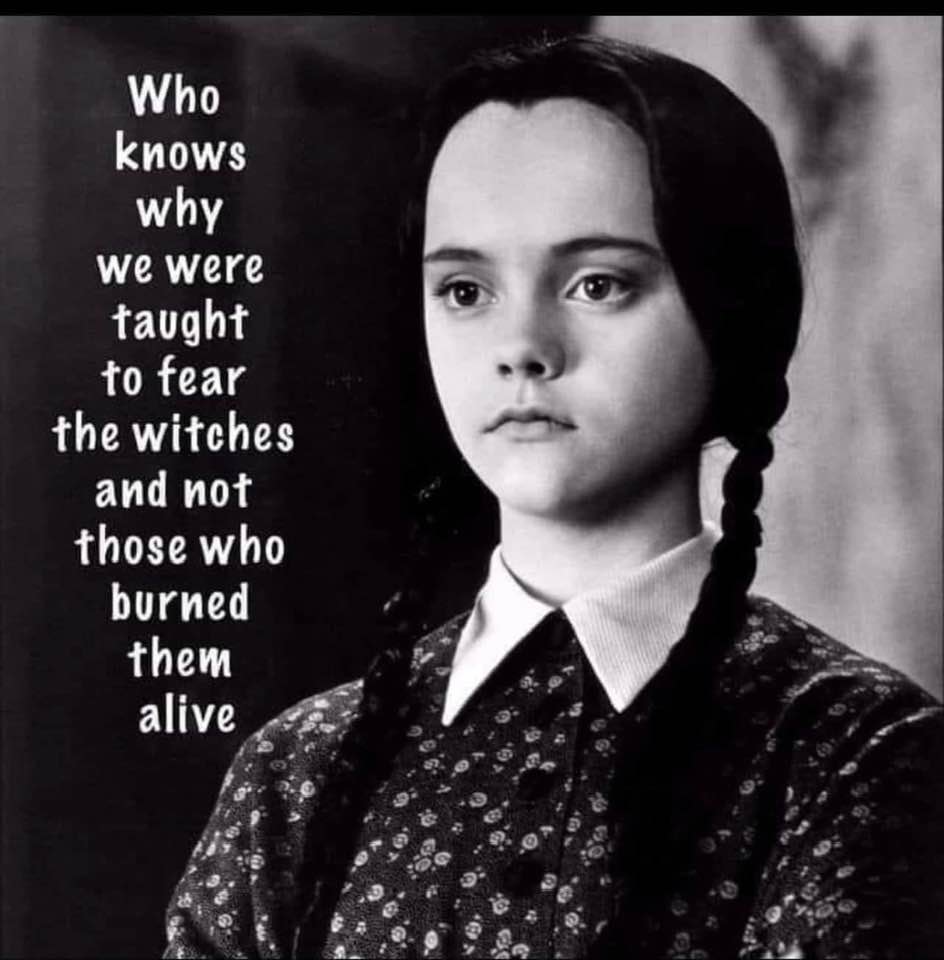Blog
Ralph Anthony MacDonald (March 15, 1944 – December 18, 2011) was an American percussionist, steelpan virtuoso, songwriter, musical arranger, and record producer.
His compositions include “Where Is the Love“, a Grammy Award winner for the duet of Roberta Flack and Donny Hathaway; “Just the Two of Us“, recorded by Bill Withers and Grover Washington Jr.; and “Mister Magic” recorded by Grover Washington Jr.
more...On March 14 the Moon was Full. In an appropriate celebration of Pi day, that put the Moon 3.14 radians (180 degrees) in ecliptic longitude from the Sun in planet Earth’s sky. As a bonus for fans of Pi and the night sky, on that date the Moon also passed directly through Earth’s umbral shadow in a total lunar eclipse. In clear skies, the colors of an eclipsed Moon can be vivid. Reflecting the deeply reddened sunlight scattered into Earth’s shadow, the darkened lunar disk was recorded in this time series composite image from Cerro Tololo Observatory, Chile. The lunar triptych captures the start, middle, and end of the total eclipse phase that lasted about an hour. A faint bluish tint seen just along the brighter lunar limb at the shadow’s edge is due to sunlight filtered through Earth’s stratospheric ozone layer.

more...
Philip Chapman Lesh (March 15, 1940 – October 25, 2024 Berkeley, CA) was an American musician and a founding member of the Grateful Dead, with whom he developed a unique style of playing improvised six-string bass guitar. He was their bassist throughout their 30-year career.
After the group disbanded in 1995, Lesh continued the tradition of Grateful Dead family music with a side project, Phil Lesh and Friends, which paid homage to the Dead’s music by playing their repertoire, as well as songs by members of his own group. Lesh operated a music venue called Terrapin Crossroads. From 2009 to 2014, he performed in Furthur alongside former Grateful Dead bandmate Bob Weir. He scaled back touring in 2014 but continued to perform concerts.
more...Sylvester Stewart (born March 15, 1943), better known by his stage name Sly Stone, is an American musician, songwriter, and record producer who is most famous for his role as frontman for Sly and the Family Stone, playing a critical role in the development of funk with his pioneering fusion of soul, rock, psychedelia and gospel in the 1960s and 1970s. AllMusic stated that “James Brown may have invented funk, but Sly Stone perfected it,” and credited him with “creating a series of euphoric yet politically charged records that proved a massive influence on artists of all musical and cultural backgrounds.” Crawdaddy! has credited him as the founder of the “progressive soul” movement.
Born in Texas and raised in the Bay Area city Vallejo in Northern California, Stone mastered several instruments at an early age and performed gospel music as a child with his siblings (and future bandmates) Freddie and Rose. In the mid-1960s, he worked as both a record producer for Autumn Records and a disc jockey for San Francisco radio station KDIA. In 1966, Stone and his brother Freddie joined their bands together to form Sly and the Family Stone, a racially integrated, mixed-gender act. The group would score hits including “Dance to the Music” (1968), “Everyday People” (1968), “Thank You (Falettinme Be Mice Elf Agin)” (1969), “I Want to Take You Higher” (1969) “Family Affair” (1971) and “If You Want Me to Stay” (1973) and acclaimed albums including Stand! (1969), There’s a Riot Goin’ On (1971) and Fresh(1973).
By the mid-1970s, Stone’s drug use and erratic behavior effectively ended the group, leaving him to record several unsuccessful solo albums. He toured or collaborated with artists such as Parliament-Funkadelic, Bobby Womack, and Jesse Johnson. In 1993, he was inducted into the Rock and Roll Hall of Fame as a member of the group. He took part in a Sly and the Family Stone tribute at the 2006 Grammy Awards, his first live performance since 1987. He released the autobiography Thank You (Falettinme Be Mice Elf Agin) in 2023.
more...Ryland Peter Cooder (born March 15, 1947) is an American musician, songwriter, film score composer, record producer, and writer. He is a multi-instrumentalist but is best known for his slide guitar work, his interest in traditional music, and his collaborations with traditional musicians from many countries.
Cooder’s solo work draws upon many genres. He has played with John Lee Hooker, Captain Beefheart, Taj Mahal, Gordon Lightfoot, Ali Farka Touré, Eric Clapton, the Rolling Stones, Van Morrison, Neil Young, Randy Newman, Linda Ronstadt, Vishwa Mohan Bhatt, David Lindley, the Chieftains, Warren Zevon, Manuel Galbán, the Doobie Brothers, Little Feat, and Carla Olson and the Textones (on record and film). He formed the band Little Village, and produced the album Buena Vista Social Club (1997), which became a worldwide hit; Wim Wenders directed the documentary film of the same name(1999), which was nominated for an Academy Award in 2000.
Cooder was ranked at No. 8 on Rolling Stone magazine’s 2003 list of “The 100 Greatest Guitarists of All Time”, while a 2010 list by Gibson Guitar Corporation placed him at No. 32. In 2011, he published a collection of short stories called Los Angeles Stories.
more...Charles Lloyd (born March 15, 1938) is an American jazz musician and composer. He primarily plays tenor saxophone and flute and occasionally other reed instruments, including alto saxophone and the Hungarian tárogató. Lloyd’s primary band since 2007 has been a quartet including pianist Jason Moran, acoustic bassist Reuben Rogers, and drummer Eric Harland.
more...Samuel John “Lightnin’” Hopkins (March 15, 1912 – January 30, 1982) was an American country blues singer, songwriter, guitarist and occasional pianist from Centerville, Texas. In 2010, Rolling Stone magazine ranked him No. 71 on its list of the 100 greatest guitarists of all time.
The musicologist Robert “Mack” McCormick opined that Hopkins is “the embodiment of the jazz-and-poetry spirit, representing its ancient form in the single creator whose words and music are one act”. He influenced Townes Van Zandt, Hank Williams, Jr., and a generation of blues musicians such as Stevie Ray Vaughan, whose Grammy-nominated song “Rude Mood” was directly inspired by the Texan’s song “Hopkins’ Sky Hop”. In his own lifetime, Hopkins was one of the initial inductees in 1980 to the Blues Hall of Fame.
more...

More Posts
- Echos of Freedom by Rabindranath Tagore
- Happy Valentines Day 2025
- Little Shop of Horrors
- Cosmo NGC 2237
- Merl Saunders
- Tim Buckley
- Magic Sam
- Flamenco Fridays Gipsy Kings
- Daily Roots Playing for Change
- Echoes of Freedom James Baldwin
- SORRY FOR YOUR LOSS IS NOT HELPFUL
- Judy Dyble
- “Rebop” Kwaku Baah
- Little Shop of Horrors 2025
- Cosmo VdB 31
- Peter Gabriel
- King Floyd
- Wardell Gray
- World Music Baba Sissoko
- Daily Roots Musical Intimidator (Tapper Zukie)






